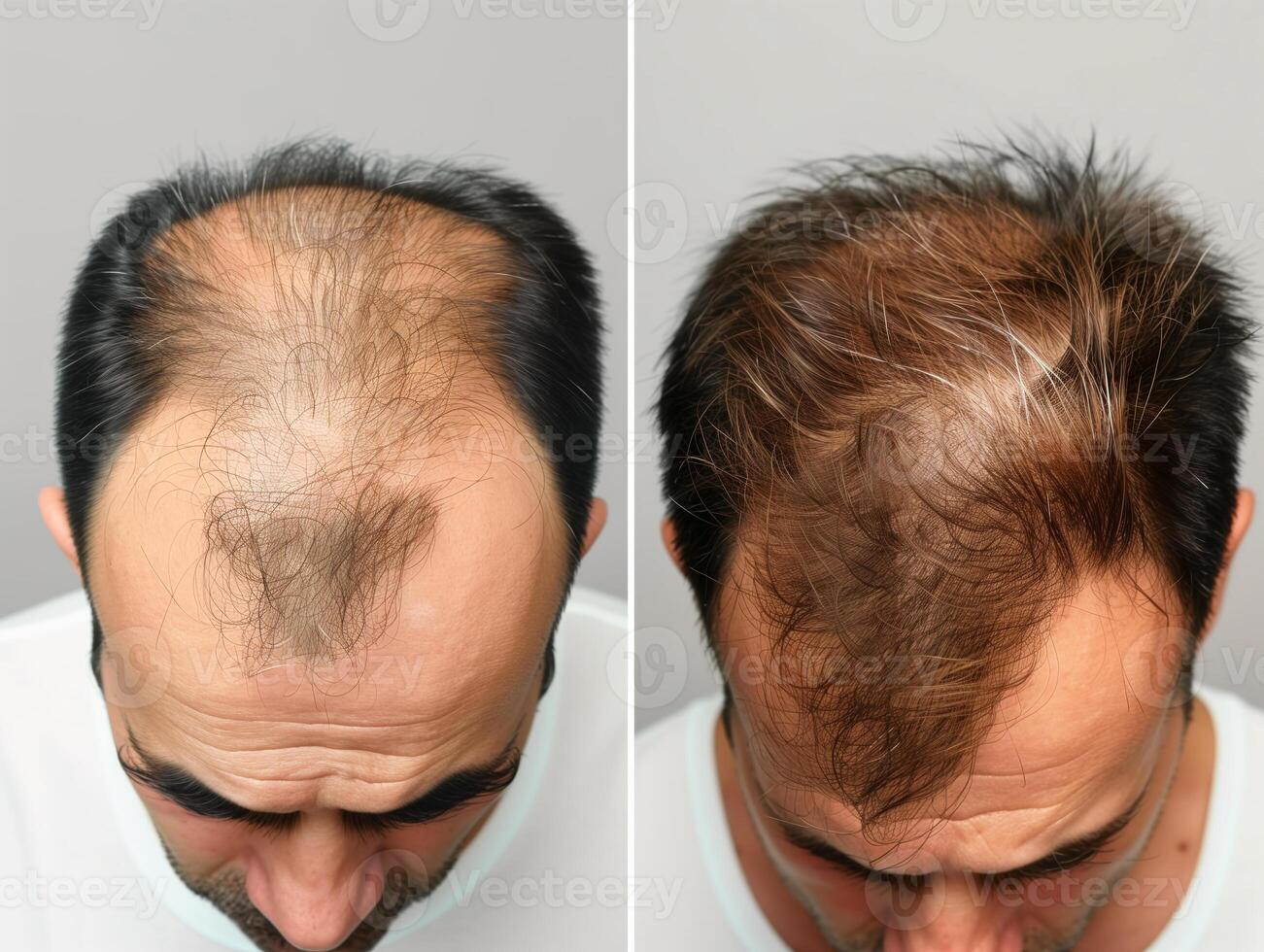Vitamins play a crucial role in maintaining various bodily functions, and among them, Vitamin B12 has garnered increasing attention for its purported advantages in promoting hair growth. The relationship between vitamin B12 and hair health is complex and requires an in-depth analysis to determine if the supplementation truly yields observable results. In this article, we will delve into the science behind B12, the potential benefits for hair growth, and scrutinize the compelling question: Does it really work?
The Science of Vitamin B12
Vitamin B12, also known as cobalamin, is a water-soluble vitamin essential for red blood cell production, neurological function, and DNA synthesis. Deficiency in this vitamin can lead to a myriad of health issues, from anemia to cognitive decline. However, what many overlook is the profound impact that B12 may have on hair follicles and overall hair health.
Hair follicles are living structures, requiring a variety of nutrients to thrive. A deficiency in one or more of these necessary vitamins can disrupt the hair growth cycle, leading to thinning hair or hair loss. Some research suggests that adequate B12 levels may contribute to creating a favorable environment for hair growth due to its role in maintaining overall wellbeing.
Moreover, the vitamin aids in the production of myelin, a protective sheath encasing nerve fibers. This is important because optimal nerve function is crucial for stimulating hair follicle activity. If your body is lacking in B12, the repercussions could extend to your hair.
Understanding Hair Growth Phases
Before diving deeper into the potential of B12, it’s imperative to understand the phases of the hair growth cycle: anagen (growth phase), catagen (transition phase), and telogen (resting phase). For hair to flourish, the anagen phase must be sufficiently prolonged. Nutritional factors come into play here; a lack of vital nutrients can shorten this growth cycle, thereby leading to premature hair shedding.
Given this knowledge, one must question: could B12 supplementation extend the anagen phase, thereby facilitating enhanced hair growth? While individual results can vary widely, this connection seems plausible.
Identifying B12 Deficiency
The first step in addressing potential hair loss linked to B12 is identifying a deficiency. Symptoms of low B12 include fatigue, weakness, balance difficulties, and, of course, hair thinning. If you suspect a deficiency, a simple blood test can confirm your B12 levels. However, it’s essential to consult with a healthcare provider before commencing any supplementation regimen, particularly if you are currently experiencing hair loss.
For individuals following a vegan or vegetarian diet, the risk of B12 deficiency is notably higher, since this vitamin is predominantly found in animal products. Therefore, if you adhere to such dietary constraints and are facing issues with hair growth, a thorough nutritional assessment is crucial.
Integrating B12 into Your Wellness Routine
Incorporating B12 into your daily routine is relatively straightforward, whether through diet or supplementation. Foods rich in B12 include shellfish, liver, fish, dairy products, and fortified cereals. If dietary sources are inadequate, B12 supplements in the form of tablets, sublingual tablets, or injections, may offer an alternative avenue.
However, merely adding B12 to your regimen without addressing other potential deficiencies may not yield significant results. A holistic approach targeting other vitamins and minerals is advisable. Nutrients such as iron, zinc, and biotin have also been linked to hair health and should not be neglected.
Before and After: Anecdotal Evidence
That said, it is imperative to approach these claims with skepticism. Individual results can be influenced by a plethora of variables, including genetics, overall health, and concurrent lifestyle changes. Thus, the effects of B12 on hair growth can vary significantly from person to person.
The Role of Other Nutrients
While B12 may offer some benefits, it should not be viewed as a magic bullet for hair growth. The interplay between multiple vitamins is intricate, and focusing solely on one nutrient can lead to imbalanced supplementation. For instance, the synergy between B vitamins, particularly B6 and B7 (biotin), is vital for optimal hair health.
A well-rounded diet rich in a spectrum of vitamins, minerals, and proteins is essential for promoting hair growth. Incorporating sources high in Omega-3 fatty acids, antioxidants, and amino acids can provide the additional boost needed for maximum hair health.
Conclusion: Is B12 the Answer?
So, does B12 work for hair growth? The unequivocal answer is that it can contribute positively, particularly for individuals deficient in this vital nutrient. While it may not be a standalone solution, incorporating B12 as part of a broader, well-balanced nutritional strategy can augment hair health. Ultimately, each individual’s response to B12 will differ—making personalized healthcare and consultation critical to achieving desirable results.
In summary, while Vitamin B12 shows promise in influencing hair growth, it is crucial to adopt a comprehensive approach to nutrition and overall health. A consultation with a healthcare professional is essential for tailoring a strategy that aligns with your specific needs and goals. The journey to revitalized hair begins with informed choices.

